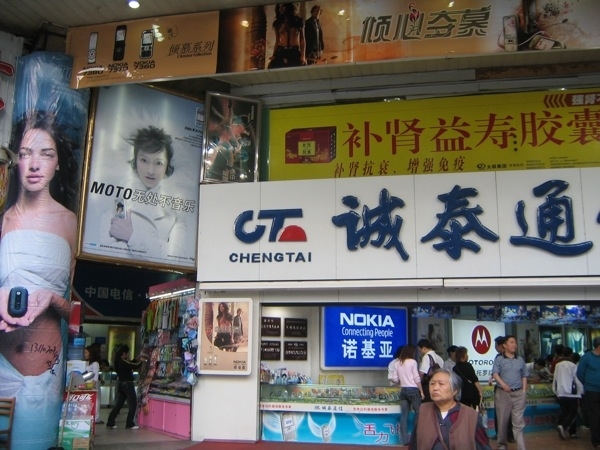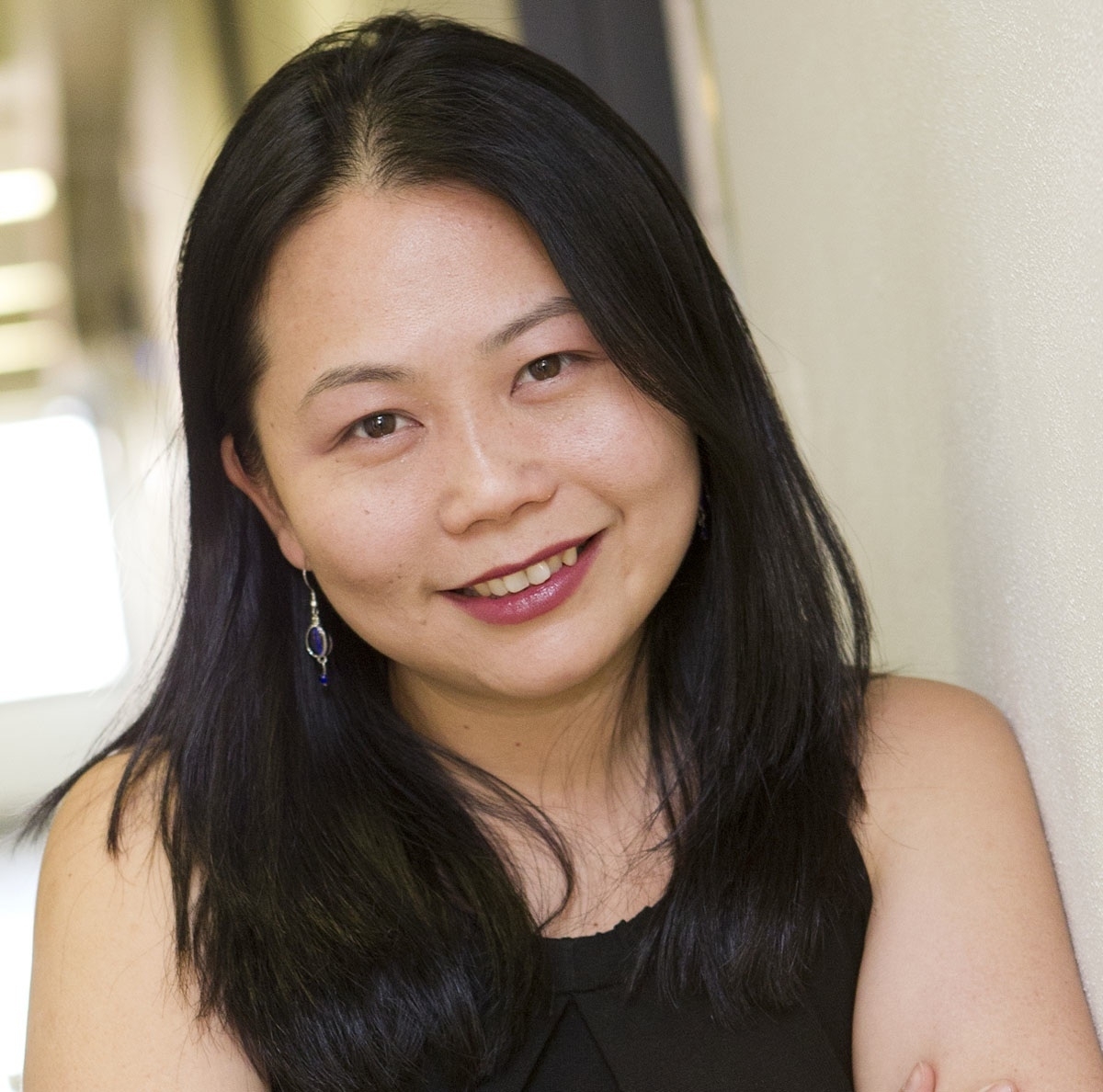Political scientist examines China's arrival as global economic power
Everyone is talking about China.
In the news daily — on TV, online and in print — China's arrival as a rapidly developing and industrializing global power is front and center.
The People's Republic of China (PRC) ranks as the world's second largest economy after the United States. It has been the world's fastest-growing major economy, with consistent growth rates of around 10 percent over the past 30 years. The nation is also the largest exporter and second largest importer of goods in the world.
Despite an economy that seems to be growing at a boundless rate, China’s rise as an economic powerhouse has been carefully managed by its Communist leaders, according to Roselyn Hsueh, assistant professor of political science and Asian studies at Temple.
"In the last 30 years, China has opened its doors to global integration and external investment," said Hsueh. “Today’s China is governed by a new economic model that departs fundamentally from its East Asian neighbors and its own Communist past.”
"But behind the buzz of 'China’s rise' is a complex story of how the Chinese government has selectively used market liberalization followed by re-regulation in a way that enables the Communist leadership to promote domestic industries, enhance its technology base and retain power, including the power to control the flow of information," she said.
Hsueh examines China's distinctive integration into the international economy in her new book, China’s Regulatory State: A New Strategy for Globalization (Cornell University Press, 2011).
While visiting China in the summer of 2002, Hsueh confronted a paradox: On the one hand, the state's hand could be seen in economic activities everywhere; yet simultaneously there existed genuinely capitalist practice and values. Foreign influence was ubiquitous — from neon displays of ING on skyscrapers in Shanghai to billboards selling Motorola handsets on provincial boulevards. Yet, she said, visits to municipalities and towns and villages revealed the government was still maintaining tight control over some sectors of the economy.
"Witnessing this apparent unevenness of liberal market capitalism got me asking deeper questions about China's politics and economy," said Hsueh.
In her book, Hsueh demonstrates that China only appears to be a more liberal state. According to her model, the central government tightly regulates sectors with high strategic value, such as telecommunications, but will allow much looser regulation of nonstrategic subsectors, such as textiles.
"China has adopted a bifurcated economic strategy,” said Hsueh. “Even as it introduces competition, the state selectively asserts control over industry and market development at the sectoral level to achieve state goals."

